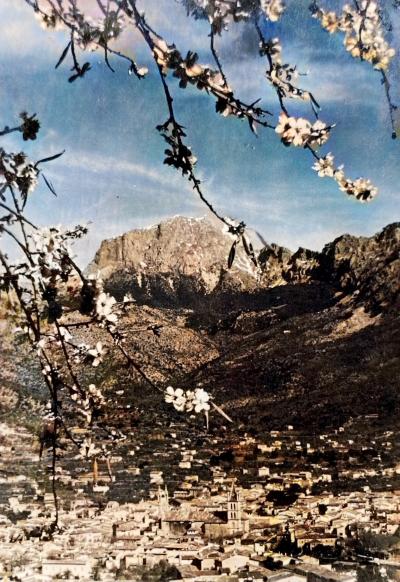What unique rituals or traditions are associated with Mallorca’s church festivals?
Similar Topics
mallorca church festivals
procession of saints
traditional mallorcan music
xeremies bagpipes
torch procession
blessing agricultural produce
pa amb oli
sobrassada sausage
Mallorca’s church festivals are deeply embedded in the island’s cultural and religious fabric, characterized by unique rituals that blend solemn devotion with vibrant local customs. One of the most distinctive traditions is the procession of saints through village streets, where statues of patron saints are carried on intricately decorated platforms. These processions are often accompanied by traditional Mallorcan music, the striking rhythms of the ‘xeremies’ (bagpipes), and the haunting melodies of flutes, creating an atmosphere that is both reverent and celebratory. Participants, many dressed in traditional attire, often walk barefoot or in silent reflection, underscoring the spiritual nature of these events.
Another notable ritual is the “torch procession,” which takes place during evening celebrations. Devotees carry flickering candles or torches through narrow cobbled streets, illuminating the path in a symbolic gesture of faith and unity. This imagery, with shadows dancing on ancient walls, evokes a powerful sense of community and continuity with Mallorca’s ancestral heritage. Additionally, some festivals feature the blessing of agricultural produce, livestock, or even the local waters, highlighting the islanders’ historical reliance on the land and sea and their gratitude for nature’s bounty.
Food also plays an integral role in Mallorca’s church festivals, but it is the communal sharing and blessing of traditional dishes that set these events apart. After religious ceremonies, families and neighbors come together to enjoy “pa amb oli” (bread with olive oil), sobrassada (cured sausage), and a local wine, punctuated by prayers and expressions of thanks. This melding of the sacred with the social reflects Mallorca’s unique ability to turn spiritual rituals into occasions for deep cultural bonding, where faith, history, and everyday life are intimately intertwined.
Another notable ritual is the “torch procession,” which takes place during evening celebrations. Devotees carry flickering candles or torches through narrow cobbled streets, illuminating the path in a symbolic gesture of faith and unity. This imagery, with shadows dancing on ancient walls, evokes a powerful sense of community and continuity with Mallorca’s ancestral heritage. Additionally, some festivals feature the blessing of agricultural produce, livestock, or even the local waters, highlighting the islanders’ historical reliance on the land and sea and their gratitude for nature’s bounty.
Food also plays an integral role in Mallorca’s church festivals, but it is the communal sharing and blessing of traditional dishes that set these events apart. After religious ceremonies, families and neighbors come together to enjoy “pa amb oli” (bread with olive oil), sobrassada (cured sausage), and a local wine, punctuated by prayers and expressions of thanks. This melding of the sacred with the social reflects Mallorca’s unique ability to turn spiritual rituals into occasions for deep cultural bonding, where faith, history, and everyday life are intimately intertwined.
🧩 Related Questions
Related Question
In what ways do Mallorcan festivals incorporate almonds into their cultural activities beyond food?
Related Question
How does pollution impact the clarity and color of seawater around Mallorca?
Related Question
How has the natural landscape of Mallorca inspired poets and novelists over the centuries?
